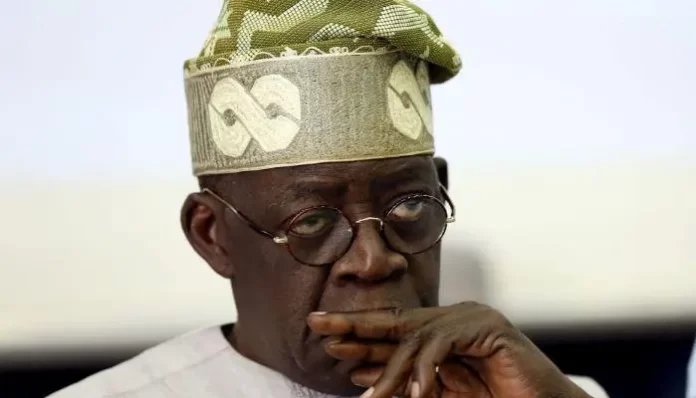In a bold move to address mounting deficits and soaring government debt, President Bola Tinubu of Nigeria made the decision to scrap a long-standing fuel subsidy at the end of May. The aftermath has brought about a series of intriguing developments that have reshaped the country’s energy landscape and left its people grappling with newfound challenges. Average daily petrol consumption has plummeted, black market activities have collapsed in neighboring countries, and Nigerians are facing the harsh reality of increased petrol prices. While the decision carries a heavy burden for the masses, it also holds the potential for significant savings and a chance to secure the country’s future. Let us embark on a journey through the twists and turns of Nigeria’s fuel subsidy story.
The Subsidy Era
For decades, a fuel subsidy in Nigeria kept petrol prices artificially low, making it affordable for the masses. However, as time passed, the cost of this subsidy escalated dramatically, burdening the government with an expenditure of $10 billion in the previous year alone. Wider deficits and soaring government debt prompted President Tinubu to take action and put an end to the costly subsidy.
A Costly Decision
Since the subsidy’s removal, Nigeria has witnessed a remarkable decline in average daily petrol consumption. Data released by the Nigerian Midstream and Downstream Petroleum Regulatory Authority (NMDPRA) revealed a staggering 28 percent drop, with daily consumption falling from 66.9 million liters to 48.43 million liters in June. This significant decrease can be attributed to the higher prices faced by consumers, which led to the more prudent usage and reduced dependence on petrol.
Impact on the Black Market
One unintended consequence of the subsidy removal was the collapse of the black market in neighboring Cameroon, Benin, and Togo. These countries had long relied on smuggled petrol from Nigeria to meet their energy needs. With the removal of the subsidy and subsequent price hikes, the profitability of smuggling significantly diminished. This unexpected turn of events disrupted a thriving underground economy, albeit at the cost of increased transport expenses within Nigeria.
Unforeseen Challenges
The decision to end the fuel subsidy had its share of ramifications, as predicted by President Tinubu himself. Petrol prices in Nigeria have nearly tripled, resulting in public outrage and heightened transport costs. The impact has been felt particularly hard by small businesses and households dependent on petrol generators, who now face increased financial strain due to intermittent grid supply.
A Burden to Bear
Acknowledging the hardships faced by Nigerians, President Tinubu, in a broadcast on Democracy Day, empathized with the masses, accepting that the decision would impose an extra burden. However, he emphasized that the move was necessary to save the country from dire consequences. The president’s words echoed a sense of collective responsibility and called for resilience in the face of adversity.
Savings and Future Prospects
Despite the initial financial expenditure on the subsidy, scrapping it is projected to yield substantial savings for Nigeria. The World Bank estimates that the country could save up to $5.1 billion this year by eliminating the petrol subsidy and implementing foreign exchange (FX) reforms. These savings provide a glimmer of hope for a nation seeking to secure its economic future and invest in critical sectors that will benefit its people in the long run.





